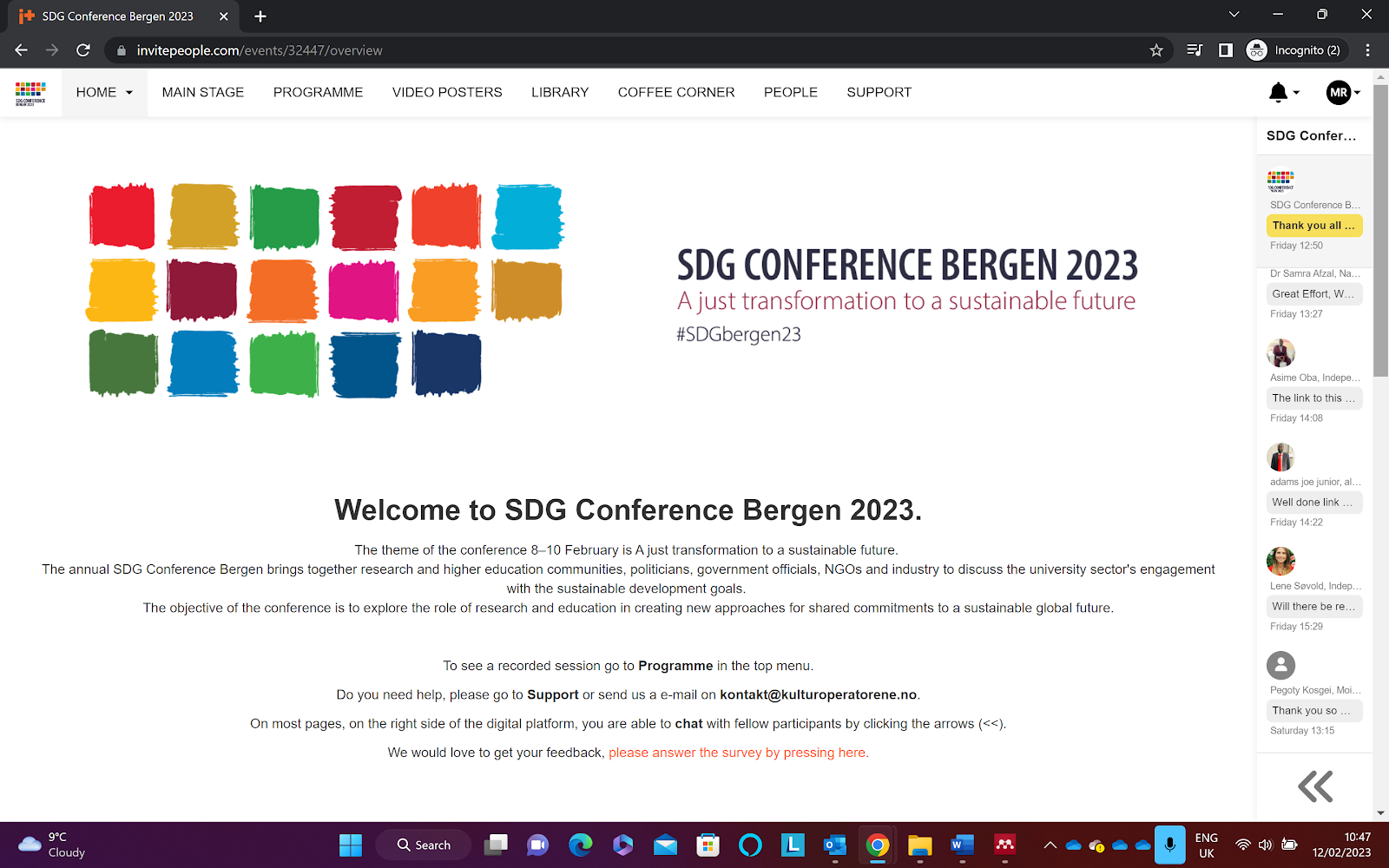(IMAESCII521) Forum Personal Post: Module 1 - Reflections on Assumptions and Beliefs in Social Research (Ontology and Values Systems)
Reflecting on our assumptions and beliefs in relation to social research
Reading the candidates' descriptions of themselves as researchers can you identify what are their assumptions and the scientific paradigms they adopt? Briefly explain which one (or which of them) you consider to be closer to your assumptions and beliefs about social research. Why do you think so? Can you identify strengths and weaknesses in your assumptions and beliefs in relation to social research? Please write and post a short text (or a concept map, an inforgraphic, etc) with your thoughts in this week's forum discussion...
In reply to Andreas Kollias
Re: Reflecting on our assumptions and beliefs in relation to social research
Hi Andreas, hi classmates,
I have not read any of your replies yet. And I will engage you in a conversation later once I am done reading them. I am sure these responses, though varied will be just as exciting!
I am sharing with you an evaluation sheet I prepared to put my thoughts into perspective. As someone who has recruited staff members in the past, I usually adopt this approach to compare them in specific areas where my decision-making will be impacted. For this position, a researcher on adult education, I am privy that a mix of qualitative and quantitative approaches will be needed. Primarily because, lifelong learning does not specifically rely only on individuals alone, but with the larger community and society. As LL is a collective, policy-driven approach, quantitative data is needed to analyse and predict trends, compare perspectively with other countries and regions, and validate assumptions on an positivist-pragmatic perspective (because data is available). Yet, a researcher should also be able to identify themes and unearth concepts that numbers alone could not explain. Does the general statistics prove that an entire population benefits to a lifelong learning policy. If not, who are the ones needing more support? What should the government and policymakers do to allocate a justified proportion of welfare and subsidy for learning and skills development.
In establishing pragmatic realities, I think a mix of both skills will be relevant for any research undertaking.
I also gave my final ranking based on the information they gave me. If these alone were my essential criteria to hire them.
Of course, I still need to learn more about their attitudes and capability to work in teams. Sadly, Andreas did not highlight it.
Grateful for your comments and feedback!
(NOTE: To access the PDF document of my attachment to this post, click HERE.)




Comments